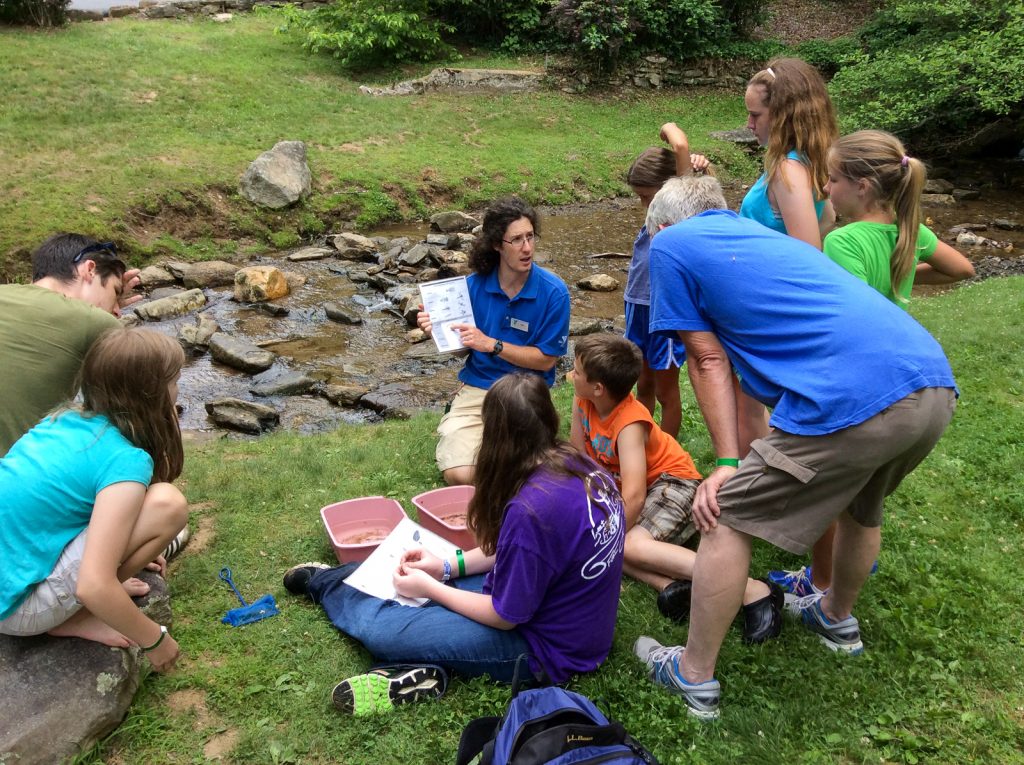
I’m often asked how to do a “trial run” before fully committing to homeschooling, especially during the summer. My advice is not to bring out the textbooks and workbooks.
Instead, do this:
- Go to museums and zoos, and participate in any extra educational programs they offer.
- Visit state parks and historic sites and participate in their park programs and junior ranger programs.
- Watch and discuss educational television, documentaries, and/or streaming that interests you.
- Go to the library and check out laundry-basket-loads of books, both fiction and non-fiction, and read/discuss them together.
- Do any projects or experiments that interest you.
Document the details and dates of these activities, and list the titles of books, documentaries, movies, etc., in a planner or journal (learn how to document here).
At the end of the summer, you’ll have a truly meaningful and fun learning experience that you and your children will remember longer than anything learned through a textbook or workbook. And all of it counts.
If you decide to continue homeschooling, choose an Option 3 homeschool association to register with, and count these summer days as attendance. Then keep doing what you’ve been doing.
If you want to add more structured learning for math and writing when the “traditional” school year begins in August, choose different resources then. But for now – keep learning outside of the classroom!


